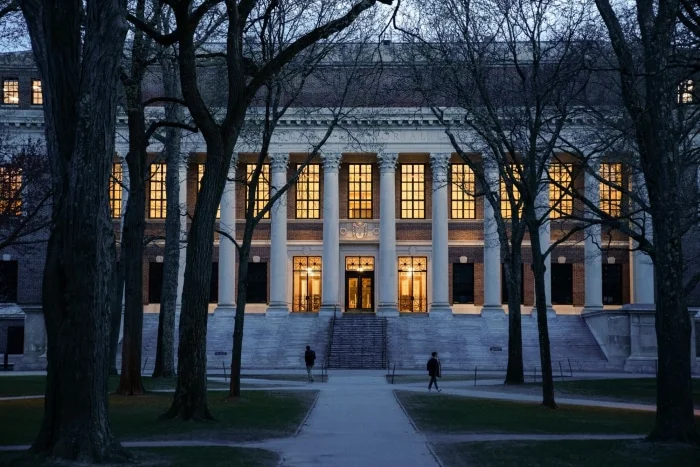
Is America’s Scientific Dream Fading Away? The Untold Story of Funding Cuts
In the heart of innovation, America's scientific landscape is facing an unprecedented crisis as funding cuts under the Trump administration threaten to derail the dreams of aspiring researchers. These reductions, impacting thousands of grants and billions in dollars, raise critical questions about the future of U.S. leadership in science and technology, potentially hindering economic growth and global competitiveness.
At the forefront are California's universities, where students like Marisa Mendoza at Cal State San Marcos are feeling the sting. The National Institutes of Health (NIH) has terminated training grants worth millions, stripping away stipends of up to $12,000 annually, tuition waivers, and funds for conferences. Mendoza, who shifted from nursing to microbiology research, relied on these grants to pursue a doctoral degree without juggling part-time jobs. "It's really unfortunate that people who are so deserving of these opportunities don’t get to have them," she shared, tears in her eyes. Campuses like UC Davis and Cal State Los Angeles have lost similar funding, affecting over 60 students at San Marcos alone and potentially an entire generation of scholars, as professor Richard Armenta warned.

This wave of cuts extends beyond California to the National Science Foundation (NSF), which is awarding new grants at its slowest pace in decades. Data shows a 51% drop in NSF funding through May, hitting fields like computer science, engineering, and climate research. Economists, including Robert Atkinson from the Information Technology and Innovation Foundation, argue that these slashes could damage the U.S. economy equivalent to a major recession, weakening innovation and America's edge against China. Unlike targeted cancellations of diversity-focused programs, this slowdown affects core disciplines broadly—physics grants are down 85%, and biology funding has halved. Critics, like Representative Zoe Lofgren, call it "illegal and damaging," pointing to political motives overriding scientific merit.
Comparatively, these cuts mirror broader NIH reductions, where grants for vaccine research and infrastructure have also been axed. At San Marcos, programs with a 83% success rate in sending students to doctoral programs are now in jeopardy, forcing students like Camila Valderrama-Martínez to consider loans or jobs that pull them from research. This isn't just about numbers; it's about real people whose passions, like Mendoza's love for microbiology, are being sidelined amid vague NIH policy shifts prioritizing certain agendas over diversity and equity.

In essence, these cuts represent a self-inflicted wound on America's innovative spirit, risking long-term setbacks in fields vital for future advancements. As students fight to stay in research, the broader implications for national security and economic prosperity loom large.
As we reflect on this crisis, it's clear that the loss of science funding could reshape America's future. Will these cuts stifle the next generation of breakthroughs? We invite readers to share their thoughts—how do these changes affect you, and what solutions do you propose? Leave a comment below or spread the word to spark a conversation on preserving scientific progress.